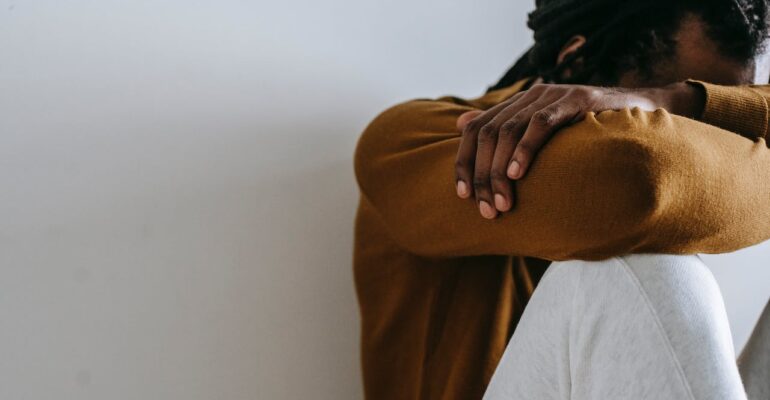Depression
Depression can happen to anyone – and does happen to one in four of us over our lifetimes. Different factors that make it more likely to happen, include biological make-up, upbringing, or reaction to life events. Depression is often accompanied by other feelings such as guilt, shame, anger and anxiety.
Common causes of depression:
- Stressful events :- such as bereavement, relationship breakdown, divorce, illness, redundancy, job or money worries and adjustment issues
- Illness:-longstanding or life-threatening illness
- Personality:-personality traits such as low self-esteem or being overly self-critical, inherited or early life experiences.
- Family history:- If a family member has suffered from depression, then it’s more likely you will too.
- Giving birth :- Postnatal depression
- Loneliness:– Becoming cut off from your family and friends
- Alcohol and drugs
Symptoms vary from one person to another and may include any of the following;
Psychological symptoms include:
- continuous low mood or sadness
- feeling hopeless and helpless
- having low self-esteem
- feeling tearful
- feeling guilty
- feeling irritable and intolerant of others
- having no motivation or interest in things
- finding it difficult to make decisions
- not getting any enjoyment out of life
- having suicidal thoughts or thoughts of harming yourself
- feeling anxious or worried
Physical symptoms:
- moving or speaking more slowly than usual
- change in appetite or weight (usually decreased, but sometimes increased)
- Constipation
- unexplained aches and pains
- lack of energy
- changes to your menstrual cycle
- disturbed sleep (for example, finding it hard to fall asleep at night or waking up very early in the morning)
Social symptoms:
- not doing well at work
- taking part in fewer social activities
- avoiding contact with friends
- neglecting your hobbies and interests
- having difficulties in your home and family life



